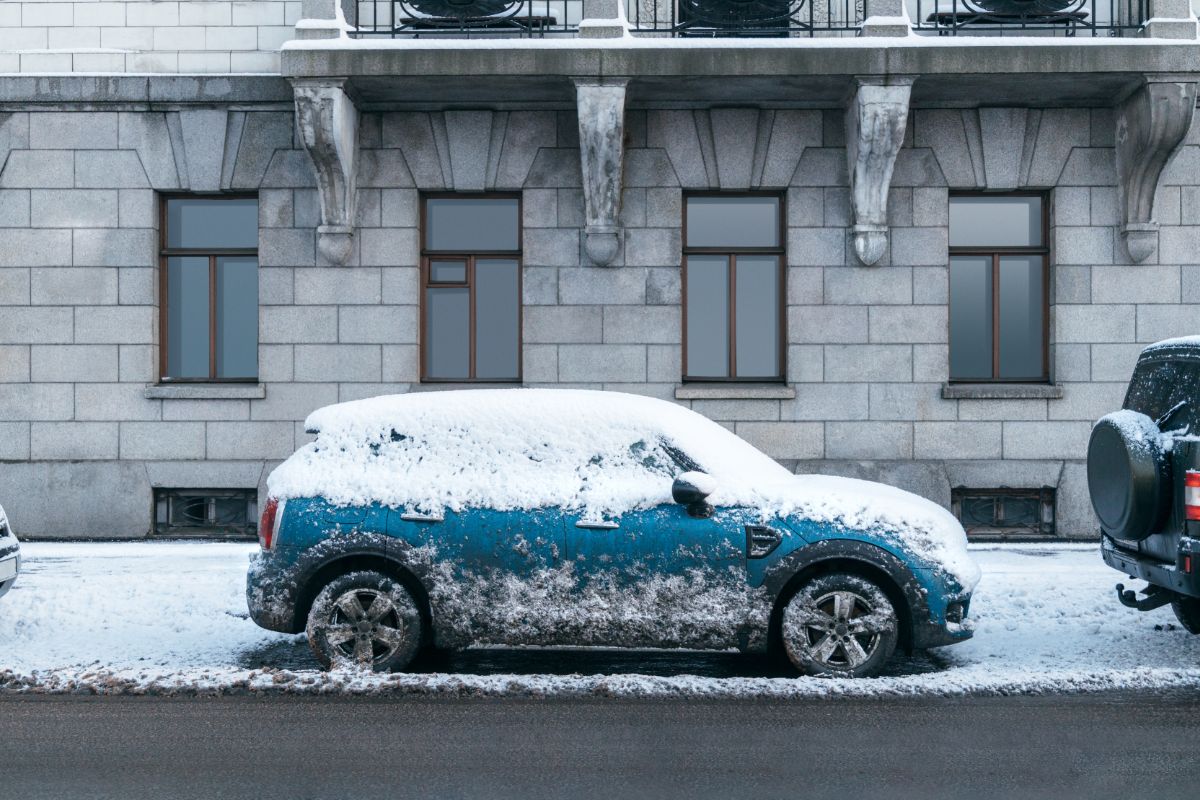A lot of people fear driving in the winter, and that’s totally understandable. With slippery roads, decreased visibility, and the potential for getting your car stuck in some snow, winter driving poses a ton of hazards. And whether you’re driving a new or used car or are driving an old winter beater, you might not be willing to deal with the expenses that come with all those risks.
As such, it makes sense if you want to drive less during the winter. However, you have to bear in mind that leaving your car to sit for too long can also lead to problems – problems that could cost thousands of dollars in repairs as well.
In this guide, we answer the age-old question: “How long can you leave a car without starting it?” By the end of this article, you should feel confident enough about storing your car indefinitely, whether it’s just for a few weeks or throughout the entire cold season.
What happens when you let your car sit for too long?
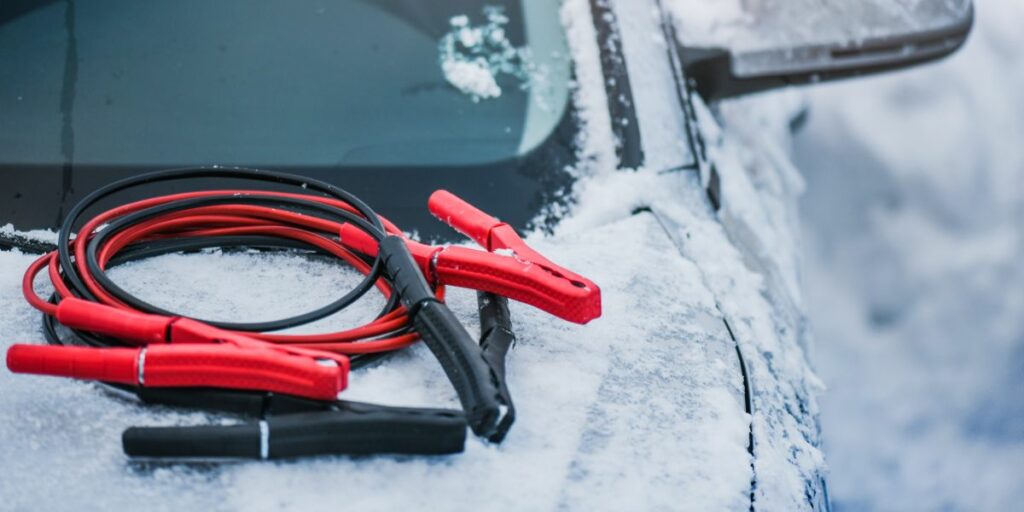
Most car owners know that you shouldn’t leave your car untouched for too long, but many don’t exactly know why. Here are four things that can happen when you let your car sit without starting for too long:
Your battery will die
This is the problem that is most likely to happen if you don’t use your car regularly. Disuse can cause batteries to lose their charge over time, and batteries tend to drain faster in colder temperatures. In fact, driving actually lets the battery recharge and helps it last as long as its expected battery life.
Your tires will lose air
Tires hold up the entire weight of the vehicle. Naturally, they will tend to deflate over time. This shouldn’t be a problem if you use your car regularly – you can just fill the tires up with the correct air pressure.
But if a car just sits in a garage for weeks, its tires can develop “flat spots” or hard patches in the rubber where the tire has been in contact with the ground. Flat spots aren’t just unsightly; they can also affect handling and put drivers at greater risk of accidents.
Your fluids can go bad
Auto fluids are essential to the safe and efficient functioning of a vehicle:
- Engine oil keeps all the engine components moving smoothly.
- Antifreeze protects the engine during high and low temperatures.
- Brake fluid allows the brake pads to clamp on the rotors, allowing you to safely slow down.
However, if you don’t let these fluids do what they were made to do, they can go stale and lose their efficacy over time.
Your fuel can degrade
Yes, fuel can go bad. Regular gasoline can last for three to six months in the tank, while diesel takes about a year to go bad. Stagnant fuel won’t burn properly and could cause your engine to have difficulties starting or even lose power on the road.
However, this doesn’t mean that you should empty the tank before storing your car for the winter, as an empty tank is more prone to moisture buildup. More moisture means a higher risk of corrosion.
Your car can host pests
Rats, ants, roaches, spiders, carpet bugs – all these critters want is a dry, quiet place that’s devoid of human activity. And what better place to stay than an untouched vehicle? Pests don’t just leave dirt and waste behind either; they can also ruin important parts, like wires, insulation, and upholstery.
How long is too long?

So how long can you leave a car without starting it? There is no straightforward answer to this, as it depends on how well you prepare your car for storage and how often you maintain it.
Generally speaking, you don’t want to leave your car untouched for more than two weeks. Store it for less time than that if you’re especially concerned about your battery draining.
How can you avoid these issues?

You might have heard from well-meaning friends that the best way to protect your car from degrading in storage is to start the engine and leave it idle for about 10 minutes every couple of days. Unfortunately, this won’t do much for your car.
Your best bet would be to take your car out for a drive at least once a week. Take it out for about 10 miles or so, whether that means driving to the store or just a few times around the block.
How to prepare your car for long-term storage
If you won’t be able to take your car out for a spin for a prolonged period of time – like say, you’re going out of town for a month, or you’re out of commission due to an injury – you can take some measures to prepare your car for long-term storage.
Store it in a clean, dry place
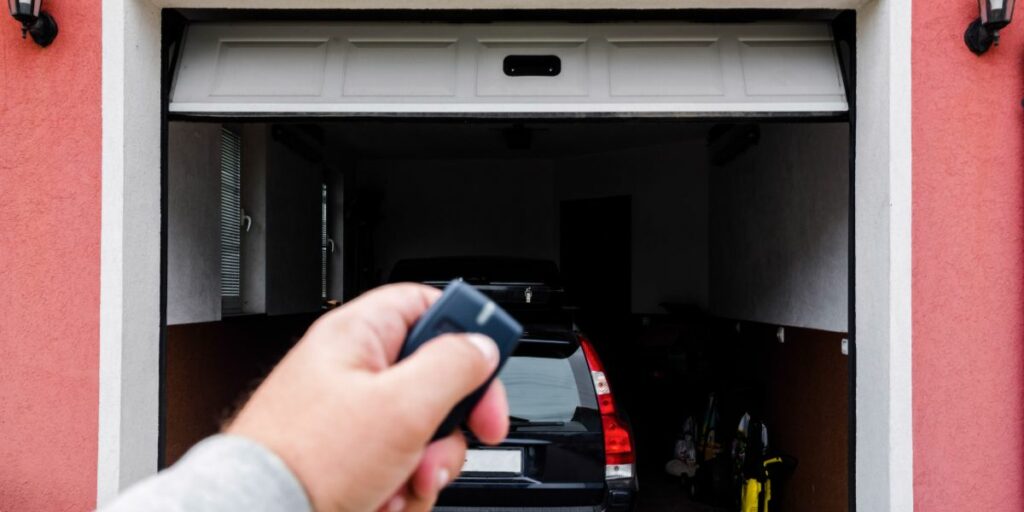
Where you store your car is just as important as how long you store it. The best place to keep a car is in a clean, dry, shaded garage. Parking outside may work for the short-term, but the longer you leave your car out, the more likely you are to come across issues:
- Parking on grass and soil leaves your car susceptible to moisture. This can cause your car’s undercarriage to rust more quickly.
- Parking on the street under a tree means exposing it to sap drippings, which can ruin your car’s paint job.
- Trees are a favorite landing spot for birds, whose poop is acidic enough to damage paint in a matter of hours.
- Cars that are parked outside are much more prone to theft.
If you have no choice but to leave your car outside, make sure it’s fitted with a waterproof car cover or a tarp.
Keep the battery charged
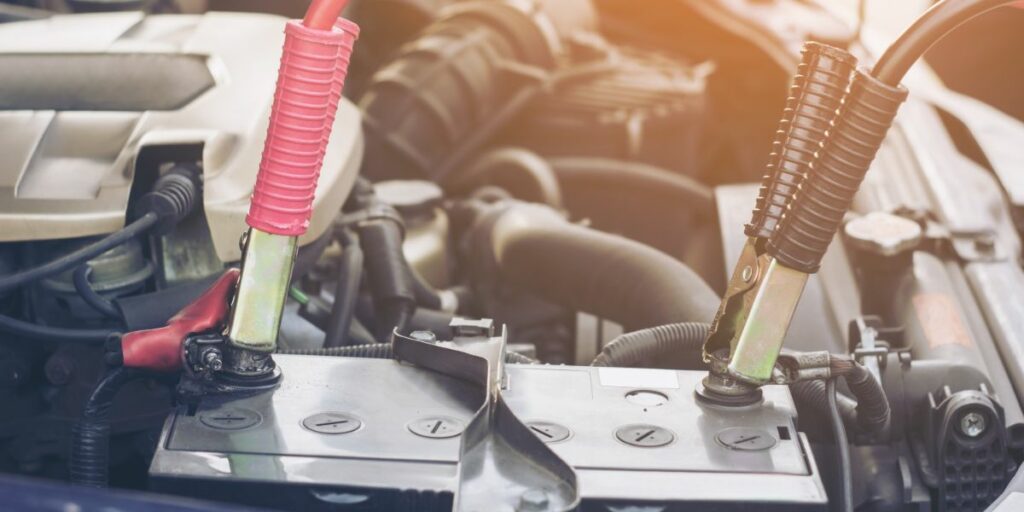
If your car will be out of commission for a long time, you can preserve the battery life with a trickle charger. Also called a battery maintainer, this charger can be plugged into your car battery to give it a stream of power and keep it from draining completely.
Take the load off your tires
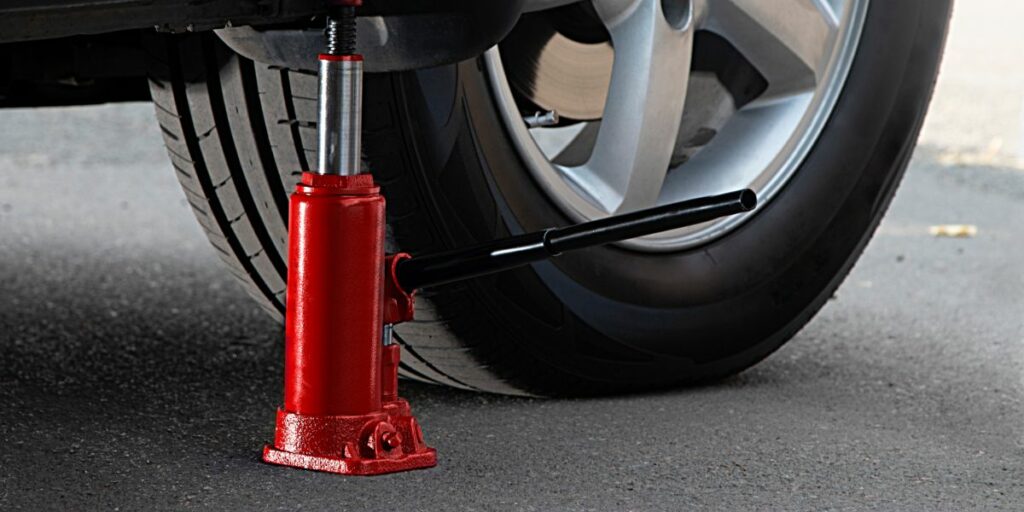
Fill your tires to the correct pressure before leaving your car in storage. Under-inflated tires are more prone to flat-spotting, especially in colder climates. Ideally, you should increase the tire pressure by +0.2 bar to account for some air loss.
Next, try to remove the wheels. Keep them away from sunlight and heat, and cover them if possible. To keep your car upright, use a jack stand and some blocks.
If you don’t want to remove your wheels, you could also use a set of concave tire race ramps. These allow tires to sit on a depressed surface that disperses the vehicle’s weight more evenly.
Give it a wash
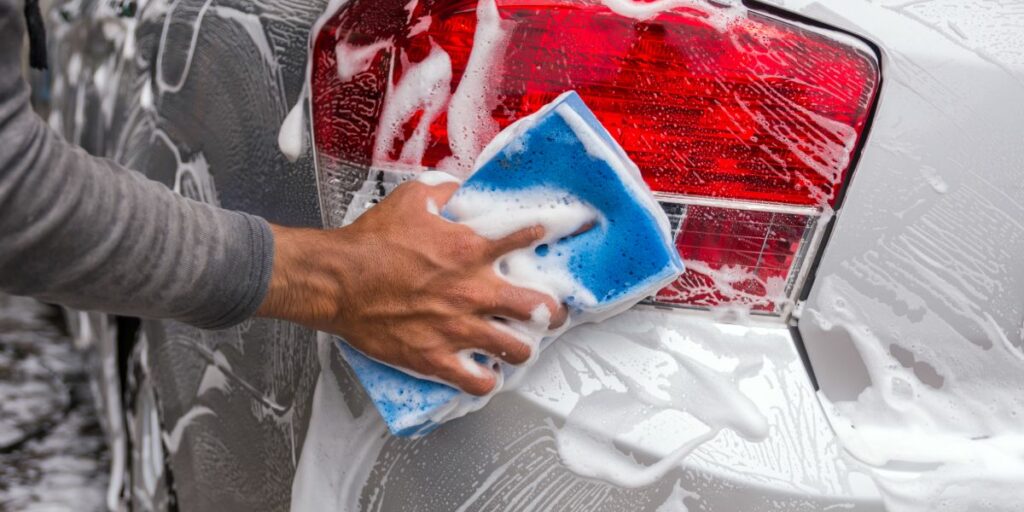
Yes, we all know how hard it is to wash your car in the winter. But trust us, this simple practice will extend the life of your vehicle.
Remember that moisture and road salt can all lead to rust build up. When left untreated, rust can eventually lead to corrosion, which can cause irreparable damage to your car. Bird droppings, tree sap, and even water stains can damage your paint job as well.
For an extra layer of protection, give your car a coat of wax before keeping it in storage.
Fill up the gas tank

Moisture won’t just ruin the outer components of your car; it can also damage your fuel tank. To prevent this from happening, fill up your gas tank at least ¼ of the way up.
If you anticipate not being able to move your car for over 30 days, consider buying a fuel stabilizer like Sta-bil, which can keep ethanol from building up in the tank. Fuel stabilizers keep gasoline fresh for as long as 12 months.
Don’t use the parking brake
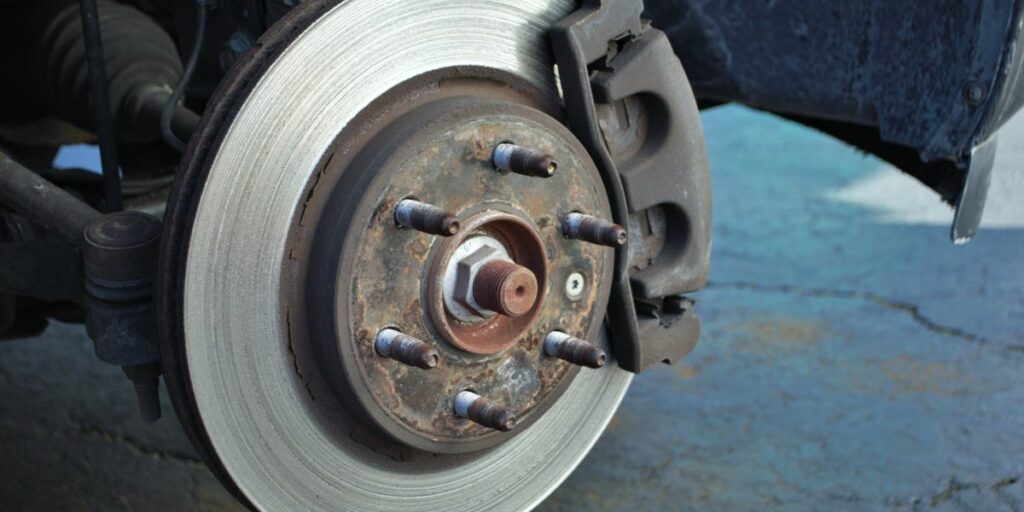
The parking brake is useful for short-term parking. But if you won’t be using your car for several days, putting the parking brake on could ruin the brake pads.
Why? The parking brake puts the brake pad into contact with the rotors. If they’re stuck together for too long, they could actually fuse due to rust. When this happens, you might not even be able to move your car!
To avoid this from happening, get a tire stopper or chocks to keep your tires locked in place.
Pest-proof your car

Finally, make sure your car isn’t attractive to pests, like rodents, roaches, and wasps. Purchase some rodent repellent to keep in your garage. If you don’t like the smell of mothballs, you can dip cotton balls in peppermint oil – rodents aren’t particularly attracted to this scent.
You should also block any gaps that small creatures could use to enter your car. Some experts suggest steel wool for this. Of course, you’ll also want to make sure there isn’t any food or cardboard (this is a roach magnet) in or around your car.
The bottom line
Most people will advise against leaving your car in storage for too long, especially if you can’t drive it around the block every couple of days. But with a little preparation, you can take some steps to keep your car from deteriorating.
For more tips and tricks on how to take care of your car, continue reading our blog. And if you’re looking for a new or used car to get you through winter driving, be sure to check out our thousands of listings on our site!
